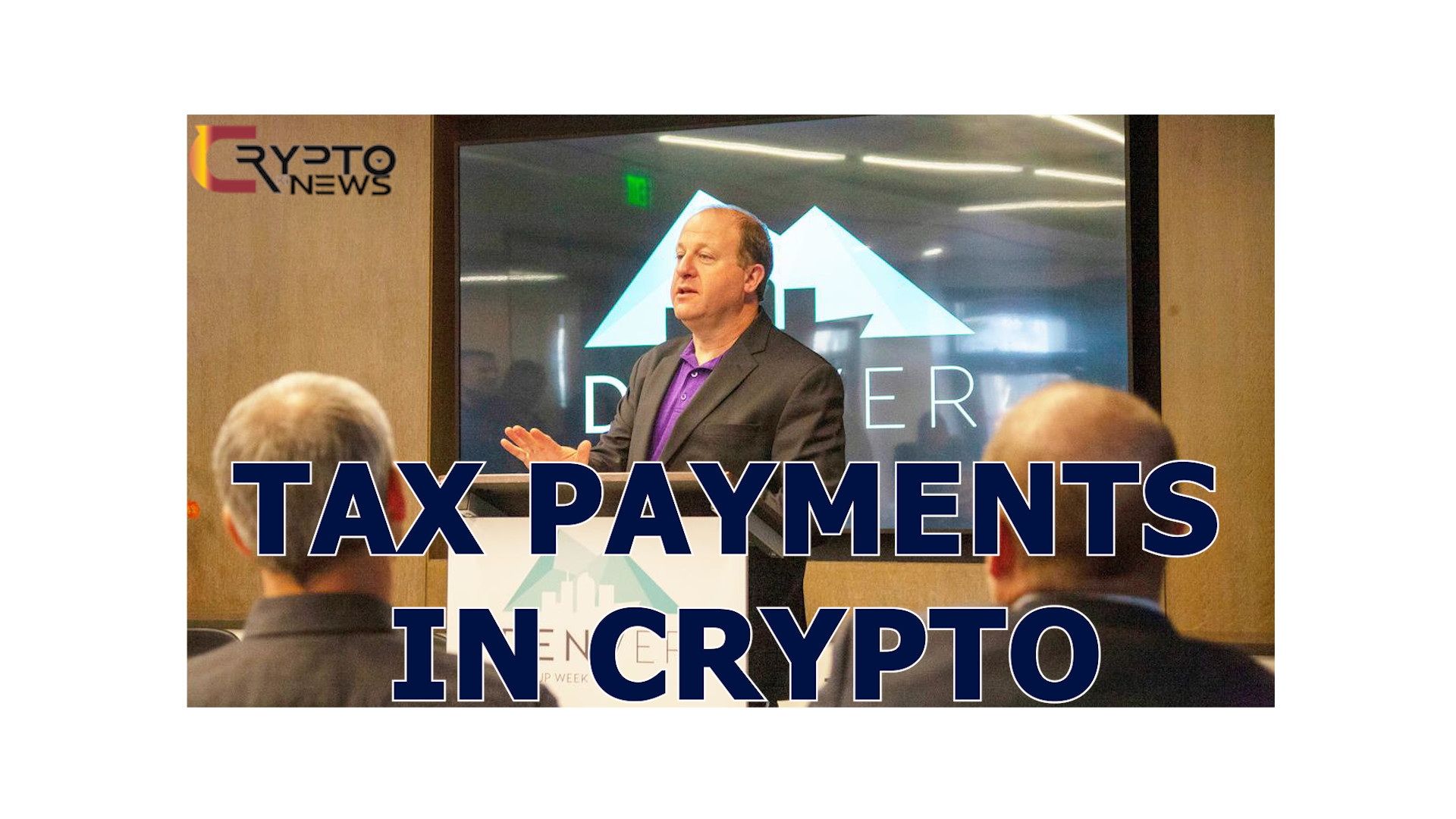The American state of Colorado now accepts cryptocurrency for tax payments, Gov. Jared Polis announced on Monday. The option is already available on the state Department of Revenue website.
Colorado tax payments are accepted through the PayPal Cryptocurrency Hub with service fees of $1.00 plus 1.83% of the payment amount. Payments are accepted only from personal accounts in a single cryptocurrency. Businesses cannot pay their taxes via crypto yet. Payments will be effective on the day they are initiated, although it will take three to five days for the transfer to take place. Payments are immediately converted into fiat.
The Colorado governor said earlier this year that he expected the state to begin accepting payment in crypto. Speaking at the opening of Denver Startup Week, Polis said of the new payment option:
“We’re just showing again, from a customer service perspective, how Colorado is tech-forward in meeting the ever-changing needs of businesses and residents.”
Polis is a long-time crypto supporter and aadvocate for the tech industry in his state. As a member of the U.S. House of Representatives, Polis was active in cryptocurrency legislation and was a founding member of the Congressional Blockchain Caucus.
Other states have tried to institute tax payments in crypto. Ohio was the first to do so in 2018, but it suspended the service a year later due to legal complications. New Hampshire tried repeatedly to adopt crypto tax payments, but the bills did not make it out of the state legislature, and states such as Georgia, Illinois and Arizona have considered it.

According to the Colorado Department of Revenue’s (CDR) website, “cryptocurrency” is now listed as a form of payment, with crypto transactions facilitated through the “PayPal Cryptocurrencies Hub.”
Based on the rules outlined by the CDR, cryptocurrency payments will only be available on PayPal personal accounts, and users are required to have the full value of an invoice held in a single cryptocurrency in their PayPal crypto hub account.
Business accounts are not permitted to make cryptocurrency payments at this time. The fee to use the service is $1.00 plus 1.83% of the payment amount. Additional fees, such as PayPal purchase fees or miner/gas fees may also apply.
Crypto payment options currently supported by PayPal include Bitcoin (BTC), Ether (ETH), Bitcoin Cash (BCH) and Litecoin (LTC).
This development from Polis is not surprising as the governor, who was elected in 2019, is a long-time crypto advocate and one of the co-founders of the Congressional Blockchain Caucus in 2016.
As an interesting side note, Governor Polis accepts campaign contributions in the form of crypto and is currently fundraising for his reelection campaign by selling nonfungible tokens (NFTS) for $52.80 each. As of Monday, 175 of the NFTs have been sold since June.
Should you pay taxes — or anything — with crypto?
In spite of the drop in crypto prices, adoption continues. You can use a crypto debit card that’s connected to your crypto exchange to make many types of payments. Plus, there are a number of places you can pay with crypto. However, there are a few things to take into account.
- Fees: There are a few different fees associated with crypto payments. You may pay a fee to buy crypto as well as a fee when you deposit fiat (traditional) currency onto a crypto platform. On top of this, as the Colorado example shows, you could encounter fees when you make the payment itself. While crypto may not be the most expensive payment option for Colorado residents, there are also several free ways they can pay their taxes.
- Taxes: When you pay with crypto, there are tax implications. It essentially counts as selling your crypto, and you may need to pay capital gains tax. Learn more about crypto taxes here.
- It doesn’t fit with a buy-and-hold investment strategy: If you bought Bitcoin because you plan to hold it for the long term, using it to buy a coffee or pay your taxes is counterintuitive. It would be similar to using a stock investment to pay your everyday bills.
It is very early days for cryptocurrency payments. Right now, many crypto fans may find the pros — such as being able to pay even if you don’t have a bank account — are outweighed by the cons. This is particularly the case if you’re a long-term investor who plans to hold your investments for the coming five, 10, or 20 years.



